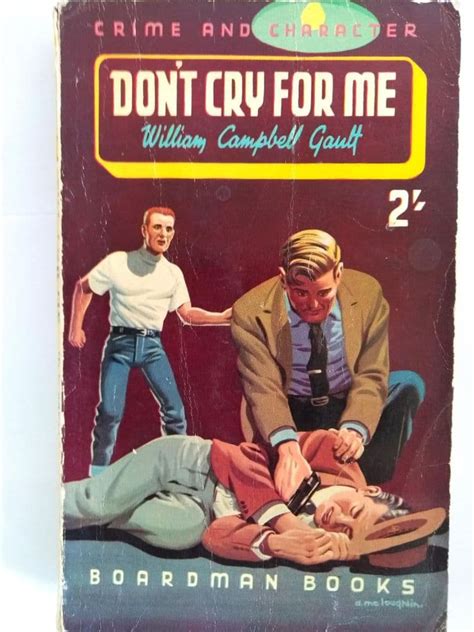A Quote by Marjorie Liu
I don't write fight scenes in comics all that well. I think they're a waste of space unless they can move a story forward in some compelling fashion. You've only got twenty-two pages to work with. Why throw that away on a set of meaningless punches?
Related Quotes
Twenty-two pages is not a lot of space. Believe me. Having written a bazillion comics, I still find myself more often than nine pages into a script and realizing to my horror that I'm only about a quarter of the way through the story I wanted to tell, and the next thing you know, I'm making fresh coffee and tearing up the floorboards to rewrite.
Comics have the page as their real estate so you've only got that space to tell the story on. But the other thing only comics do is to have the words and pictures being simultaneous. Your brain is flicking between them and you can put in some excellent narrative devices; you can off-set things and juxtapose things between word and image.
There are a lot of good comics, no doubt, but as far as the quality of the comics goes, I think what you have is a bunch of situational comics - there are black comics that work only black crowds, gay comics that do only gay crowds, and southern comics that only work down South, and so on with Asian, Latino, Indian, midgets, etc. The previous generation's comics were better because they had to make everybody laugh.


































